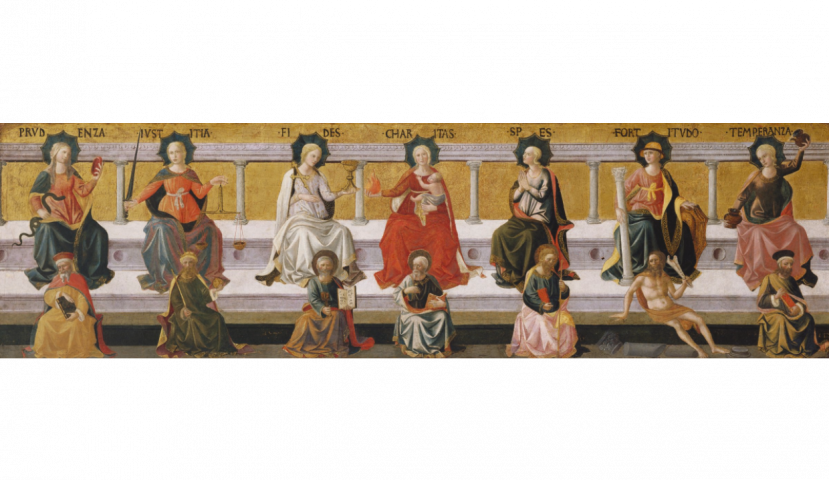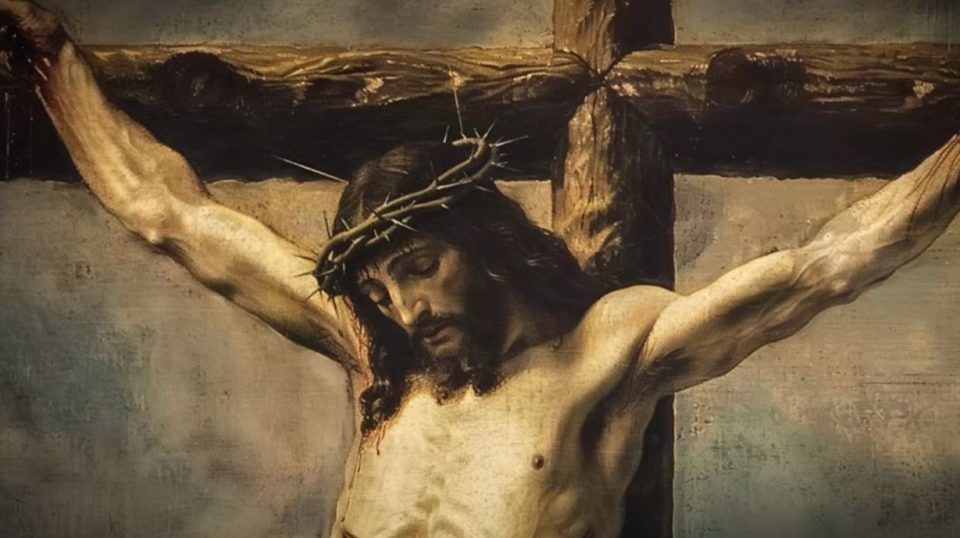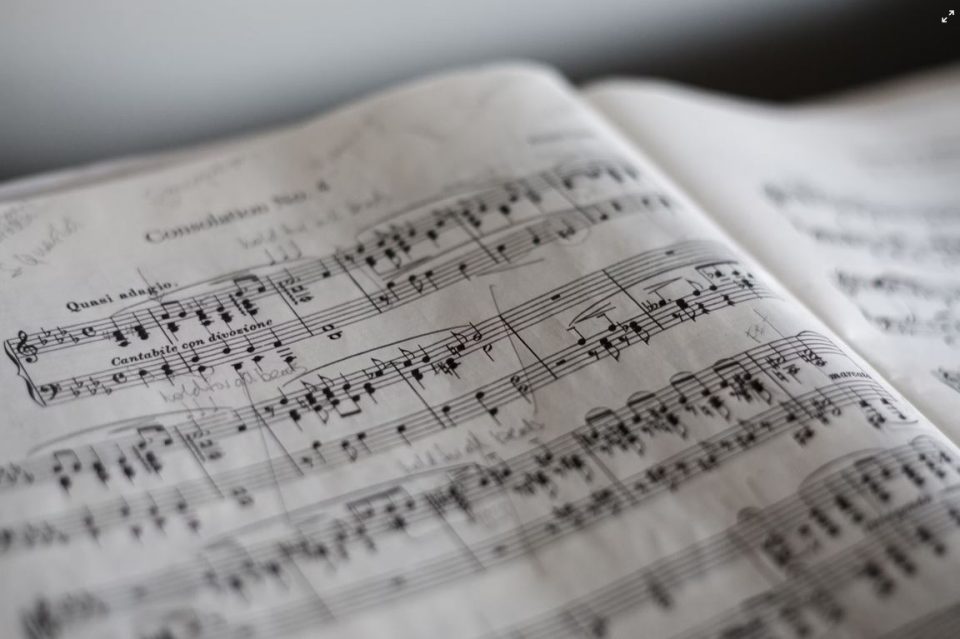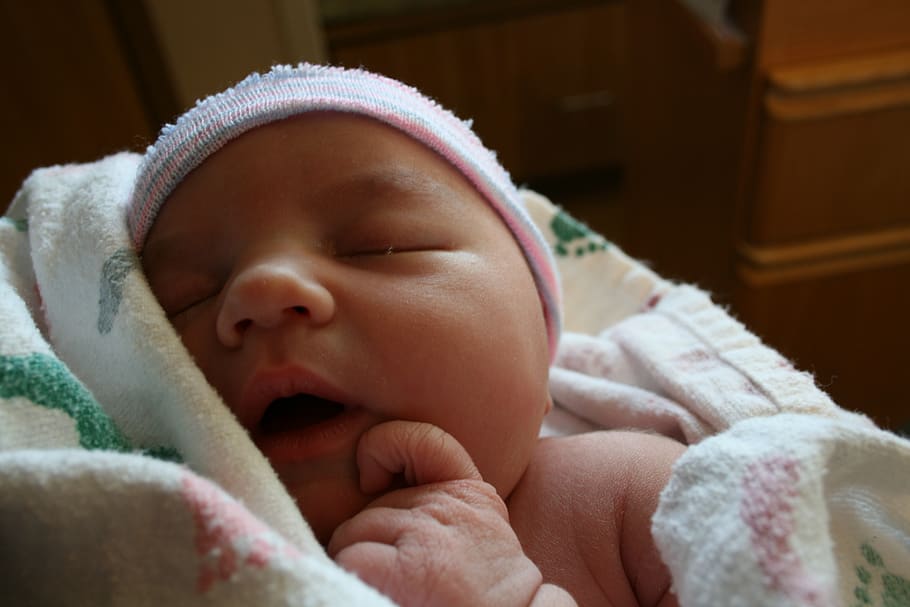New Viganò Revelation: Francis Carries Out A Sixty Year Old Plan, by Robert Moynihan, PhD
August 1, 2019What’s Driving America’s ‘Boy Crisis’, by Daniel Davis
August 1, 2019
By Stephen P. White, The Catholic Thing, August 1, 2019
 “Virtue” is a word that doesn’t get as much use as it ought to these days. When it is used, it’s often misused to mean something like “moral talent” – an innate quality that some people just have while others don’t. But virtue, unlike talent, isn’t something you are born with. We all begin life, not as virtuous men and women, but as tyrants: morally innocent, perhaps, but tyrannical, nonetheless. God’s grace notwithstanding, growing in virtue requires a lot of work.
“Virtue” is a word that doesn’t get as much use as it ought to these days. When it is used, it’s often misused to mean something like “moral talent” – an innate quality that some people just have while others don’t. But virtue, unlike talent, isn’t something you are born with. We all begin life, not as virtuous men and women, but as tyrants: morally innocent, perhaps, but tyrannical, nonetheless. God’s grace notwithstanding, growing in virtue requires a lot of work.
The very idea of the virtues is antithetical to a certain modern sensibility, the reluctance to acknowledge that we are somehow responsible for becoming more than we already are. It’s much easier to simply assert ourselves and demand, with ever more vehemence, that we be celebrated for our inadequacies rather than called out of them. When mercy means never having to say you’re sorry, why go through the trouble of growing in virtue?
Perhaps this is one reason that talk of virtue is sometimes considered quaint. The old definitions of virtue – a habit of soul in accord with reason and nature and moderation – rest on concepts (nature? reason?) that are unintelligible to much of our contemporary world. Talk of “a still more excellent way” in some contexts, even within the Church, is practically a micro-aggression. ….







